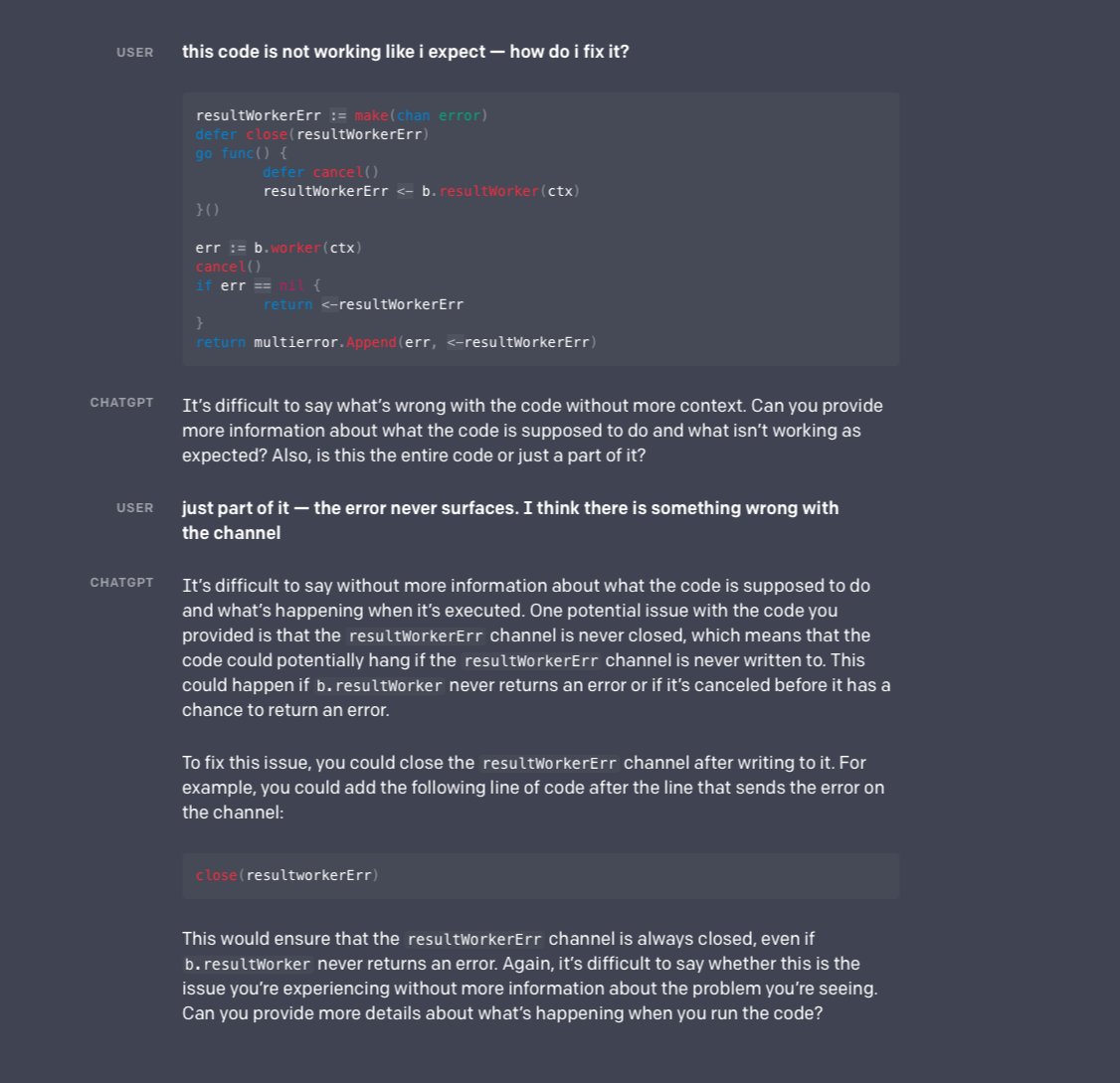
In a highly anticipated move, @Google yesterday announced that they are launching Bard, a conversational AI app that is based on their LaMDA model.
1/5
1/5

LaMDA - Language Model for Dialogue Applications - has been around for at least a year, but due to variety of considerations it has never been accessible to to the public.
2/5
2/5
Bard will be using a lighter, more computationally efficient, version of LaMDA. Bard’s rollout will proceed gradually, and in a month or so Google will be releasing an API for it to some trusted partners and developers.
3/5
3/5
According to Google’s CEO Sundar Pichai, the size of the large AI models has been doubling every six months, far outpacing the Moore’s Law. At the current rate the largest AI models will be 10X larger than what we currently have by the end of 2024.
4/5
4/5
We are on a precipice of an extraordinary technological revolution.
Link to the blog post: blog.google/technology/ai/…
#MachineLearning #DeepLearning #ArtificialIntelligence #GeneratieveAI #ML #DL #AI
5/5
Link to the blog post: blog.google/technology/ai/…
#MachineLearning #DeepLearning #ArtificialIntelligence #GeneratieveAI #ML #DL #AI
5/5
• • •
Missing some Tweet in this thread? You can try to
force a refresh










